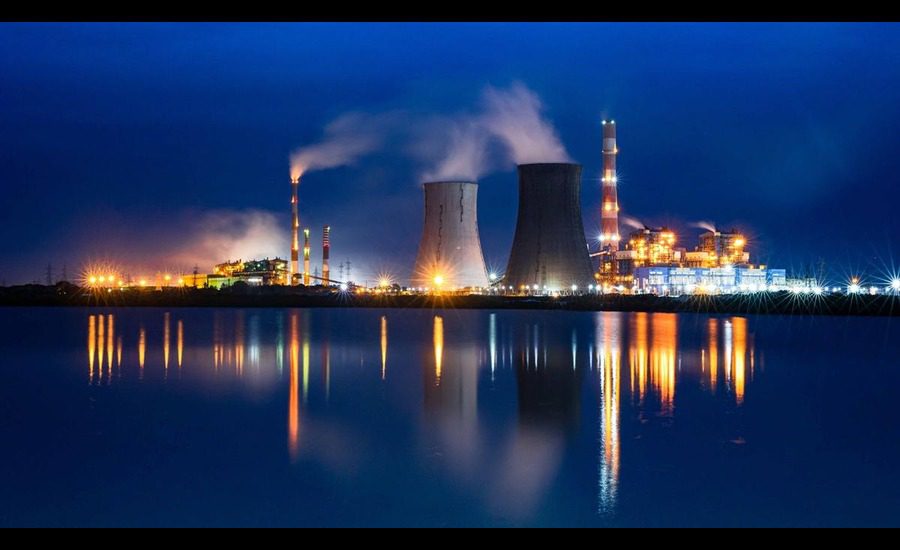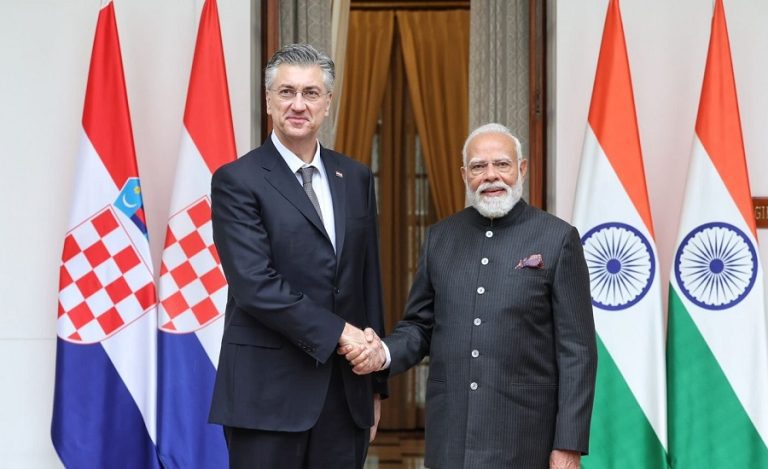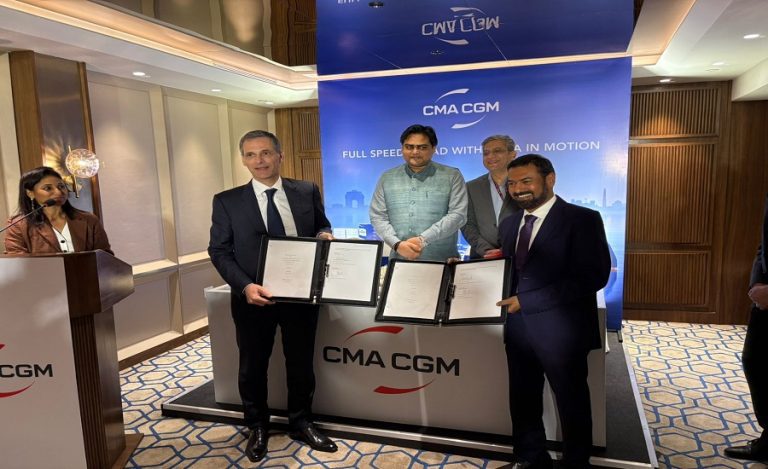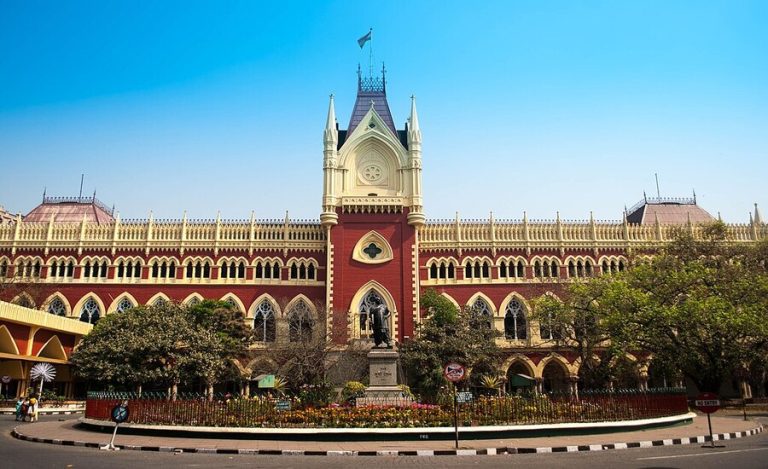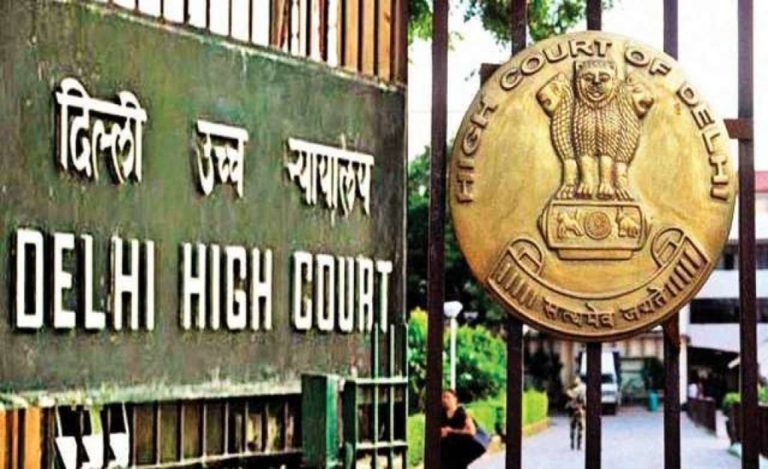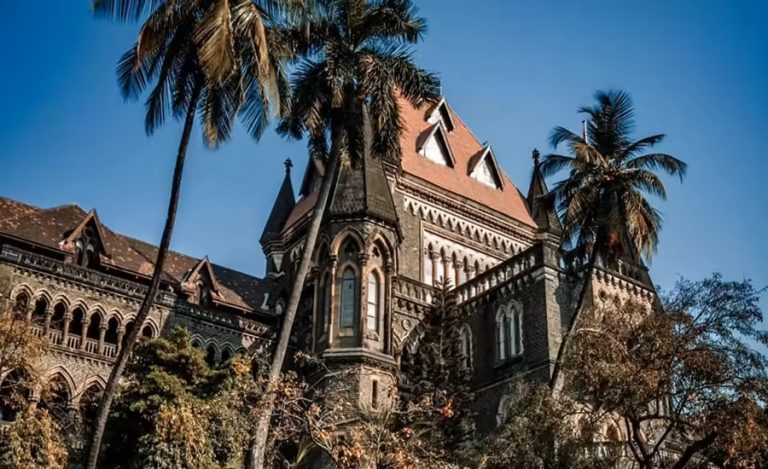New Delhi – The Government of India has unveiled a detailed roadmap to accelerate nuclear energy development as a clean and strategic energy source. Union Minister Dr. Jitendra Singh outlined the plan in a written response in the Lok Sabha, emphasising a mix of indigenous technologies and international partnerships.
Indigenous Backbone with Global Partnerships
India currently operates 24 nuclear reactors generating a total of 8,780 MW. In addition, eight more reactors are under construction, projected to add 6,600 MW. These include indigenous 700 MW Pressurized Heavy Water Reactors (PHWRs) at Rajasthan Atomic Power Project (RAPP) Unit 8 and Gorakhpur Haryana Anu Vidyut Pariyojana (GHAVP) Units 1 and 2, as well as the Prototype Fast Breeder Reactor (PFBR).
Foreign collaborations continue to play a crucial role. Light Water Reactors (LWRs) are being constructed with international cooperation, notably the Kudankulam Nuclear Power Plant (KKNPP) Units 3 to 6.
Sanctioned Projects to Add Another 7,000 MW
Ten additional reactors have entered the pre-project stage and are already sanctioned. These projects are expected to generate 7,000 MW. Sites include Kaiga Units 5 and 6, GHAVP Units 3 and 4, Chutka Units 1 and 2 in Madhya Pradesh, and all four units of Mahi Banswara in Rajasthan.
With the progressive commissioning of all these facilities, India’s nuclear energy capacity is expected to rise to 22,480 MW by the year 2031–32.
Also Read: Fiscal Push: Govt to Raise Rs 36,000 Crore via Re-Issue of 2028 and 2035 Bonds; Auction on July 25
Three-Stage Nuclear Programme to Drive the Future
India’s nuclear development continues to revolve around its indigenous three-stage programme. This strategy aims to maximise the use of India’s modest uranium reserves and abundant thorium resources through a closed fuel cycle.
Future plans centre on the advancement of Indigenous Fast Breeder Reactors (FBRs), Bharat Small Reactors (BSRs) tailored for decarbonising hard-to-abate industrial sectors, and Small Modular Reactors (SMRs) of varying capacities.
₹20,000 Crore Mission for SMRs
Recognising the growing global interest in compact nuclear solutions, the government has approved a ₹20,000 crore Nuclear Energy Mission focused on the research and development of SMRs. These reactors are seen as essential for enabling cleaner energy in smaller grids and for potential export to partner nations.
India also plans to boost international collaboration in SMR design and nuclear fuel supply chains, while positioning itself as an exporter of nuclear technology and services.
Decarbonisation, Self-Reliance and Energy Security
The government’s strategy signals a long-term commitment to cleaner and more secure energy. Through a combination of high-capacity reactors, compact modular technologies, and a steady move toward self-reliance, India is laying the foundation for a robust nuclear energy ecosystem to meet its growing demand and climate commitments.
Also Read: Trade Boost Ahead: Cabinet Approves India-UK Free Trade Agreement Ahead of PM Modi’s UK Visit

